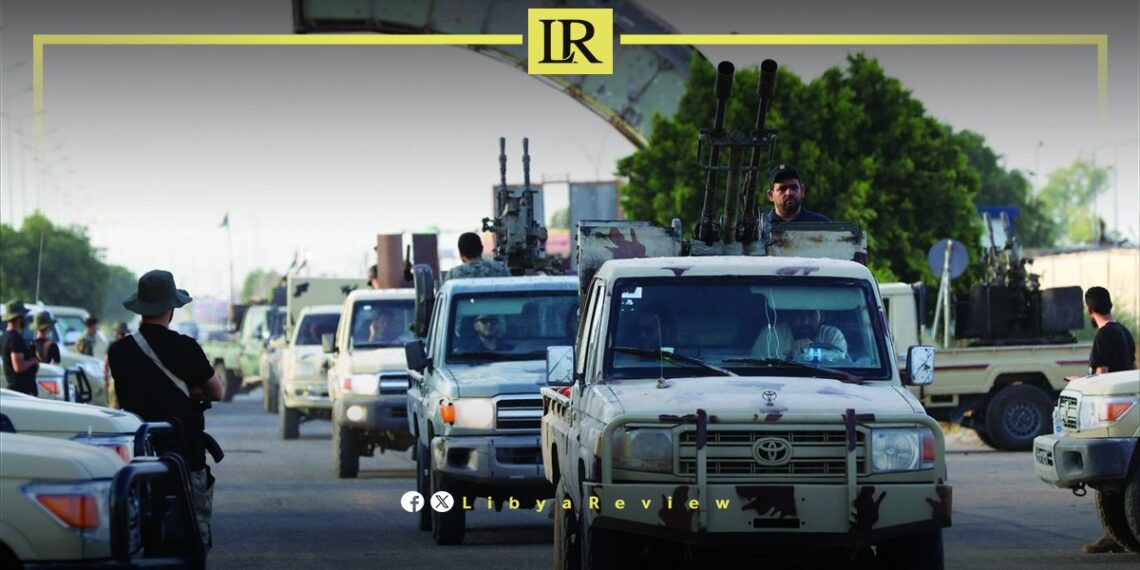The city of Al-Zawiya, west of the Libyan capital Tripoli, is experiencing a worrying surge in assassinations, causing growing concern among its residents. Local media reports indicated that the frequency of these violent incidents is increasing, highlighting the persistent security challenges in the area.
In the past 24 hours alone, three people were shot dead in various parts of Al-Zawiya. This latest wave of killings follows similar incidents during the Eid al-Adha holiday, further exacerbating the city’s already fragile security situation.
Last year, forces affiliated with the Government of National Unity (GNU) carried out what they described as “precise and targeted airstrikes” against hideouts of fuel smugglers, drug traffickers, and human traffickers in the western coastal region near Al-Zawiya. These operations aimed to dismantle networks of armed groups engaged in illicit activities, including human trafficking and fuel smuggling.
Al-Zawiya, situated 45 kilometers west of Tripoli, has become a hotspot for clashes between armed factions involved in various illegal trades. These groups are often accused of engaging in unlawful activities such as human trafficking, exploiting the chaos that has engulfed the country.
Libya has been in turmoil since the fall of Muammar Gaddafi’s regime in 2011. The power vacuum has led to the proliferation of armed groups and a persistent state of lawlessness. The instability is particularly pronounced in regions like Al-Zawiya, where local militias often operate with impunity.
The international community has repeatedly expressed concern over the human rights abuses and the deteriorating security situation in Libya. Efforts to stabilize the country have been ongoing, but challenges remain significant due to the fragmented political landscape and the pervasive influence of armed groups.
The recent killings in Al-Zawiya highlight the urgent need for comprehensive security reforms and effective law enforcement to protect civilians and restore order. As the situation unfolds, Al-Zawiya residents are left to grapple with the fear and uncertainty that have become hallmarks of their daily lives.


